The Science Based Targets initiative (SBTi) is accelerating global decarbonization with a major update to its sector-specific standards, focusing on oil and gas, chemicals, and power—industries responsible for a substantial share of global greenhouse gas emissions. The initiative’s goal is to equip high-impact sectors with clear, science-aligned pathways to achieve net-zero emissions and meet the 1.5°C climate target.
“By prioritizing sectors with the greatest potential to drive decarbonization, the SBTi provides businesses with the tools they need to lead the energy transition,” the initiative stated.
First-Ever Oil and Gas Decarbonization Framework
The forthcoming Oil and Gas Sector Standard will mark a historic milestone for climate action. With the sector responsible for 85% of global CO₂ emissions, the standard will guide fossil fuel producers on redefining their business models through science-based emissions targets. A draft is due for public consultation in early 2025, with an extended 45-day review period to ensure comprehensive stakeholder input.
This standard is expected to set strict eligibility criteria for transition plans, investment portfolios, and upstream/downstream emissions, helping channel sustainable finance toward compliant players.
Chemicals Sector: Emission Cuts Without Economic Disruption
As the third-largest industrial emitter, the chemical industry plays a central role in nearly all value chains—from fertilizers and construction materials to pharmaceuticals. The SBTi’s draft Chemicals Sector Criteria is now open for pilot testing and public feedback until January 10, 2025. Final guidance will be published in Q3 2025, helping companies navigate decarbonization without sacrificing product performance or economic output.
Power Sector: Aligning Generation with Net-Zero
Electricity generation remains the largest single source of CO₂ emissions worldwide. The upcoming Power Sector Standard, set for consultation in Q2 2025, will support utilities and energy providers in reducing carbon intensity while responding to surging electricity demand from electrified transport, industry, and buildings.
The standard will leverage real-world input from expert working groups to ensure it accounts for regional disparities, grid dynamics, and market structures—enabling actionable guidance for both developed and emerging markets.
Toward Cross-Sector Alignment
In tandem with these updates, SBTi is also refining its Corporate Net-Zero Standard and expanding guidance for other sectors, including automotive, apparel, and transport. This ensures alignment across industries and provides businesses with a unified framework for credible decarbonization.
With climate urgency rising and regulatory pressure intensifying, these updated standards represent a significant leap in enabling science-backed accountability for sectors that matter most to global climate goals. Stakeholders are urged to engage in shaping the final outcomes, reinforcing SBTi’s role as the global benchmark for climate target validation.







